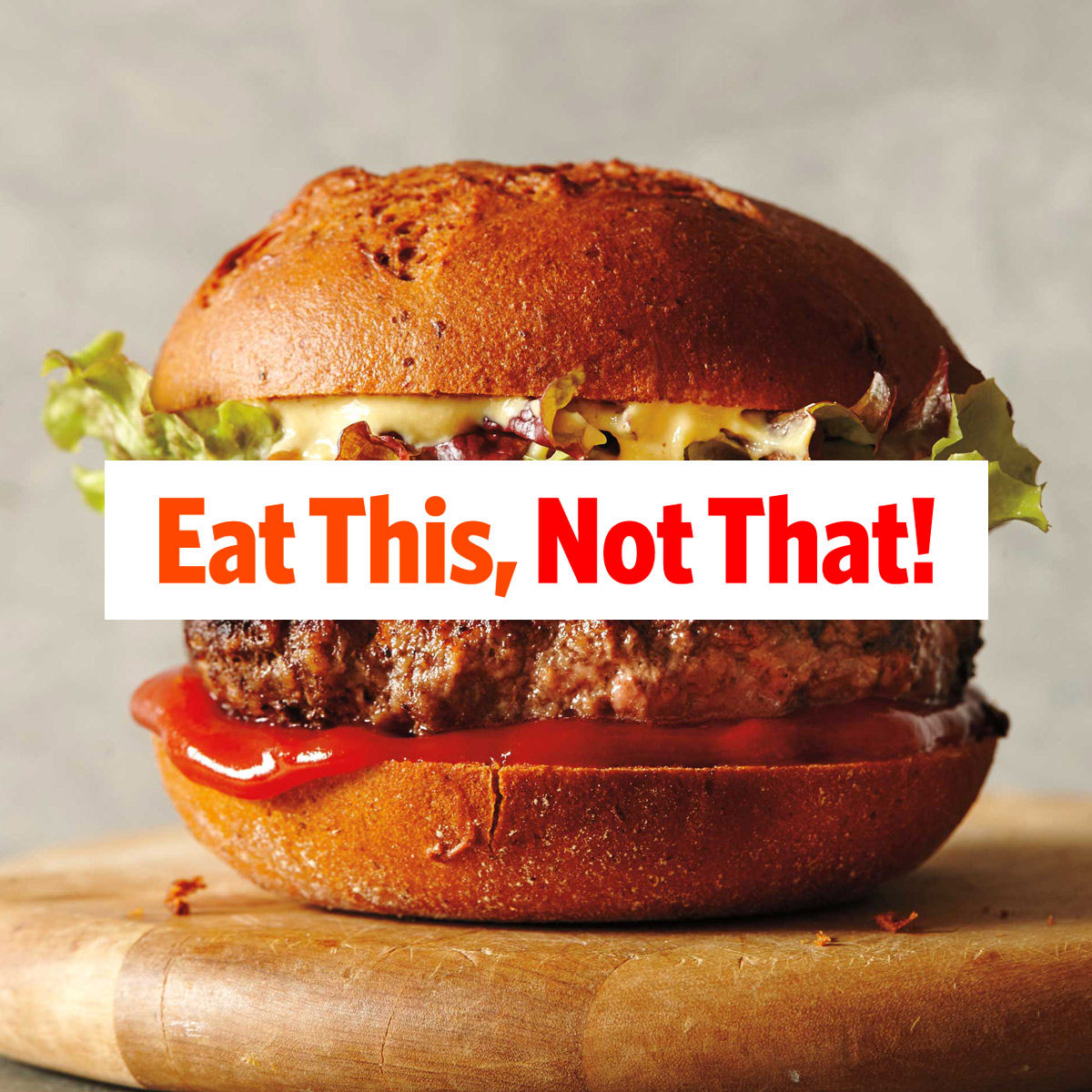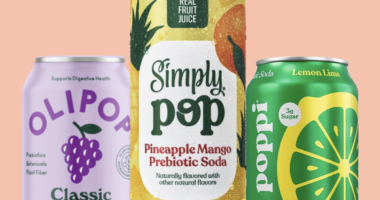
As COVID-19 vaccines roll out across the US, many grandparents — including one co-author of this blog post — are thrilled to hold out their arms for a jab. In some parts of the country, these vaccinations began as early as mid-January. By mid-February, legions of energized and relieved seniors were trading selfie shots of their newly vaccinated arms.
Grandparents, like other seniors, wanted the vaccine to keep themselves safe. However, there was another compelling reason: the desire to hug grandchildren. Ellen Glazer, LICSW, asked fellow grandparents in different states — some of whom live minutes away from grandchildren and some who are separated by continents — what they look forward to once fully vaccinated.
Below, Amy Sherman, MD, an infectious disease specialist and instructor in medicine at Harvard Medical School, weighs in on a number of hopes and questions — some very specific, and some that can help everyone. Keep in mind that experts may disagree about what is or isn’t safe to do after vaccination. Also, advice is likely to change as we learn more about the vaccines and as a larger number of people get vaccinated, bringing herd immunity closer.
While the current messages — stay cautious, practice protective measures — may feel frustrating for grandparents relieved to have gotten the vaccine, they’re necessary. Reflecting on the past year, many realize that practices that seemed so difficult at the start of the pandemic, such as wearing masks and engaging in some degree of social distance, have become part of our lives. These new habits enable us to move forward with small, well-informed, and hopeful steps toward our new normal.
Can I make others sick? Is it safe to see (and hug) grandkids and family who haven’t had the vaccine?
Studies show both mRNA vaccines (Moderna and Pfizer/BioNTech) are about 95% effective in preventing symptomatic COVID-19. Both vaccines protect against moderate to severe disease and reduce hospitalizations and deaths due to COVID-19, which is fantastic! But we don’t know if these vaccines prevent asymptomatic infection — that is, being sick with the virus without symptoms like fever, cough, and shortness of breath. So it’s possible that you could have the virus without symptoms, and spread the virus to others.
Generally, the more closely people interact and the longer they spend with others, the higher the risk of getting or spreading the virus, according to the Centers for Disease Control and Prevention (CDC).
With those words of caution, I think it is reasonable to consider seeing and hugging your family and grandkids while taking protective measures to stay healthy:
- Wash hands often.
- Wear masks that fit well when in close contact, such as while in the same room with others and when hugging.
- Limit time spent with family members who are not yet vaccinated.
- Hold the visit outdoors if you can.
When possible, everyone gathering can lower risk further by avoiding contact with people outside their household for 14 days before a visit, and/or by getting tested for the virus one to three days before a visit.
Can I still get sick?
I like to think of these vaccines as being a water-resistant jacket, as opposed to a waterproof jacket. With the vaccine, you may still get wet, but not soaked. As explained above, it is still possible to develop asymptomatic or mild illness. A small proportion of people may get more severe illness despite vaccination. Further, it’s important to note that
READ RELATED: Kyle Sandilands details mother's battle with postnatal depression and being 'hated by step-parents'
- vaccines do not always provide robust immune responses in people ages 65 and older, because the immune system normally weakens with age. Therefore, even if vaccinated, you may not have the same high level of protection against moderate to severe disease described in the studies.
- we are still learning about variant strains now circulating. We do not yet know how the vaccines perform in the real world against these variants. Early indications suggest the mRNA vaccines may not be as effective against some variants, but still seem to help avoid hospitalizations and death.
What if I live with someone who hasn’t had the vaccine?
It’s best to continue the safe behaviors you were doing pre-vaccination to help protect your spouse or others that you live with. The vaccine is another layer of protection for you, and also helps protect your spouse or others in your immediate household. However, transmission is still possible.
Can I visit with friends or family who have had the vaccine — for example, have a meal together indoors or have a grandchild stay with us?
If you and your family or friends have been vaccinated, you could consider spending time together. As with a COVID pod or bubble, talk to your family or friends before gathering, to ensure everyone is comfortable socializing in person and with the precautions others are taking.
A few factors to discuss include:
- How recently was the vaccine given? How many doses has each person received? We know that one dose of the mRNA vaccine provides some protection, but peak protection likely occurs about 10 to 14 days after the second dose.
- The potential for asymptomatic illness and spread, even if people are vaccinated: make sure everyone knows transmission is still possible, although the likelihood of severe disease due to COVID-19 is low if everyone has been vaccinated. Still, if someone has the virus, they may spread it to unvaccinated people.
Can I travel on a plane safely (and is first class any safer than coach)?
Start by checking CDC, state, and local guidelines before you fly. The CDC currently recommends postponing travel.
Your risk isn’t confined to the plane itself (or potential differences between first class and coach). How will you travel to and from the airport (public transportation, ride shares)? What about check-in lines at the airport, or sitting in the gate area with others in close quarters for an extended period of time? Will you need to use public restrooms, or eat in areas with lots of other travelers? These scenarios carry higher risks of virus transmission.
If it’s possible to drive, this may be a better option in order to limit exposures. In the car, you can limit stops, pack food and eat and drink in the car, and avoid large gatherings of people that occur in airports and public transit.
If you must fly, try to reduce risk and exposures as much as possible. Your vaccine is one layer of protection. Protect yourself in other ways to lower your chances of becoming infected with the virus that causes COVID-19:
- Get a viral test one to three days before you leave. If it’s positive or you develop symptoms, do not fly.
- Some airlines are limiting seating and keeping middle seats open. Try to book a flight that is abiding by these guidelines.
- Drive yourself or have family drive you to the airport.
- Keep your mask on and avoid crowded areas in the airport.
- Avoid eating or drinking in waiting areas.
- On the plane, continue to wear a mask throughout the flight.
- Bring extra hand sanitizer and masks.
What precautions do I still need to take outside my household, and why?
COVID-19 rates remain very high in the community, and variants will continue to circulate. If you are exposed to the virus, you are not 100% protected from illness even if you’ve had the vaccine.
Until a high proportion of the population is vaccinated, I recommend maintaining familiar precautions outside of the home: wash hands often, wear masks, practice physical distancing. We need herd immunity in the community before we can relax any of these protective measures. Even if you’ve been vaccinated, you do not want to contribute to community spread of COVID-19 that can make others very sick, or even die.
Source: Havard Health









